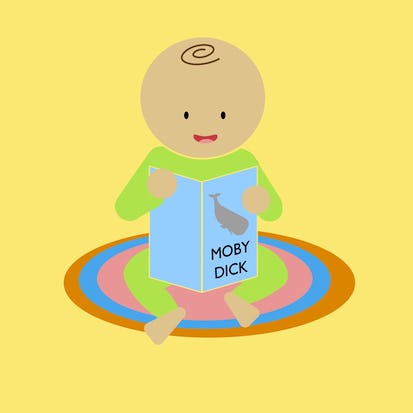- Level Foundation
- Duration 8 hours
- Course by University of California, Santa Cruz
-
Offered by

About
In this short course you will explore the possibility that children might acquire written language in a way that is similar to how they acquire spoken language—without instruction. You will encounter various aspects of behavioral science and technology that are relevant to this proposition. You will have the opportunity to learn the the perceptual, cognitive, and neurological capacities of children during their first years of life. You will advance your understanding of children and how they learn language. You will also be more attuned to current advances in the technology of human machine interactions, and what these phenomena imply for learning to read at an early age.Modules
Introduction
1
Discussions
- Belief and Truth
2
Videos
- Welcome
- Challenges and Possibilities
1
Readings
- Week 1 Overview
Spoken and Written Language
1
Discussions
- Communication Difficulties
2
Videos
- Overview of Language
- Spoken vs. Written Language
Models of Perception and Processing
5
Videos
- Analogous Processes in Speech Perception and Reading
- Is Speech Perception Special?
- Critique of Motor Theory
- Fuzzy Logical Model of Perception
- Top-Down Influences on Language Processing
Developmental Implications
2
Discussions
- Conversation with a Child
- Questions for your instructor
3
Videos
- Neural and Behavioral Development
- Visual Word Form Area and Critical Periods
- Implications for Learning to Read Naturally
Acquiring Spoken Language
4
Videos
- Acquiring Language
- Learning Words
- Multiple Sources of Information Perspective part 1
- Multiple Sources of Information Perspective part 2
2
Readings
- Week 2 Overview
- Iconicity Ratings
Acquiring Written Language
2
Discussions
- Iconicity Sample
- Adapting Speed-Reading for Children
3
Videos
- Iconicity
- Recognition Skills of Infants
- Acquiring Early Reading Skill
Visual Processes
2
Discussions
- Reading with RSVP
- Course Project Proposal
7
Videos
- Visual Processes that Support Reading
- Uppercase and Lowercase Letters
- Fundamental Processes Involved in Reading
- Tunnel Vision in Reading
- Eye Movements During Reading
- Rapid Serial Visual Processing (RSVP)
- Optimizing RSVP
Reading and Early Reading
5
Videos
- Measuring Reading Skill
- How We Perceive Letters and Words
- Reading Words
- Search for Magical Solutions
- Testing Top-Down Influences
1
Readings
- Week 3 Overview
Views of Reading
1
Discussions
- Augmented or Virtual Reality and Reading
6
Videos
- Written vs. Spoken Language
- Traditional View of Learning to Read
- Views of Reading
- Learning Written Language
- Writing and Reading
- Print Influences in Early Reading
Technological Innovations
2
Discussions
- Technology-Enhanced Environment
- Picking up Written Language
4
Videos
- Technological Advances
- Shared Reading Interventions
- Possible Implementations
- Potential Impacts of Technology Assisted Reading Acquisition
Course Project
1
Peer Review
- Evaluation Report
Auto Summary
Discover how children can acquire literacy naturally, similar to spoken language, through this foundational course. Explore behavioral science, cognitive and neurological capacities, and advances in human-machine interactions. Perfect for those interested in personal development, this 8-hour Coursera course offers Starter and Professional subscription options, designed to deepen your understanding of early language learning.

Dr. Dominic William Massaro

